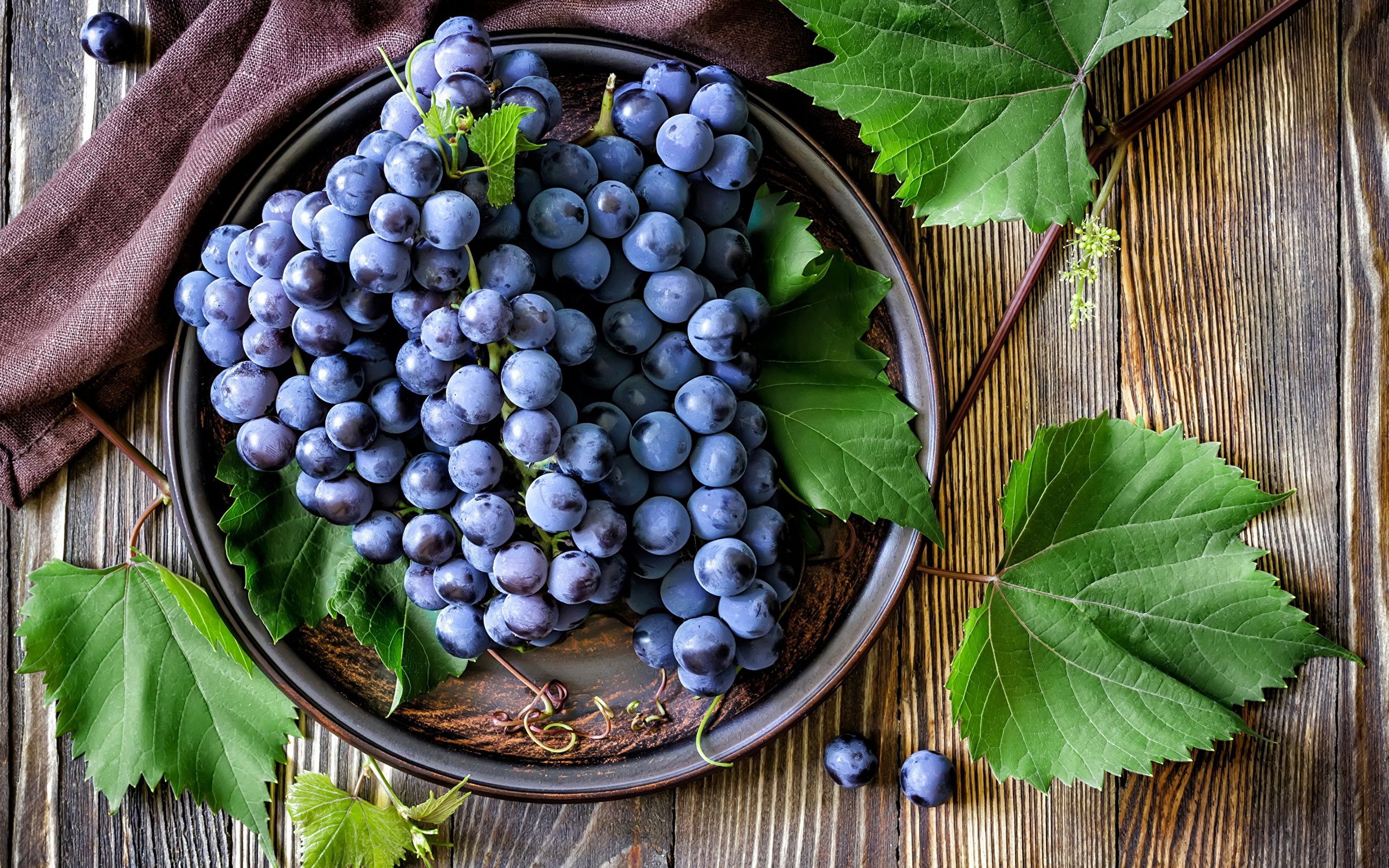The enchanting world of winemaking, with its rich tapestry of flavors, aromas, and textures, finds a distinct and mindful expression in organic production. Organic wine production is an artful blend of traditional viticulture, innovative techniques, and a profound respect for the environment, seeking to create exquisite wines and https://greenelly.com/product/spectrum-organic-red-wine-vinegar-16-9-fl-oz-2/ while honoring the earth and safeguarding biodiversity.
The Vineyard: A Symphony of Nature and Nurturing
Pristine Soils: Central to organic wine production is the nurturing of pristine soils, sans synthetic pesticides, herbicides, and fertilizers. The emphasis is placed on nourishing the soil through natural composts, cover cropping, and employing biological pest control, ensuring a healthy, vibrant foundation for the vines.
Biodiversity: The organic vineyard becomes a haven of biodiversity, where a variety of plants, insects, and animals coexist, promoting a balanced, resilient ecosystem. This biodiverse environment helps to mitigate pest issues naturally and enhances the quality and character of the grapes.
Grape Variety: The choice of grape variety is often meticulously matched with the climate and terroir, minimizing the need for extensive interventions and allowing nature to express itself authentically through the grapes.
In the Winery: Crafting with Care and Consciousness
Minimal Intervention: The philosophy of minimal intervention carries through into the winery, where organic winemakers often aim to allow the natural flavors and complexities of the grapes to shine, avoiding or minimizing the use of additives and fining agents.
Natural Fermentation: Utilizing wild yeasts for fermentation is a common practice in organic winemaking, contributing to the unique, terroir-driven personality of the wine.
Sustainable Practices: Beyond the grapes, sustainable practices in the winery, such as energy and water efficiency, waste reduction, and conscious packaging choices, further underscore the commitment to environmental stewardship.
Certifications and Standards: Guiding Principles and Assurance
Regulations: Organic wine production is guided by stringent regulations, which may vary by region but universally involve prohibitions against synthetic chemical inputs and genetically modified organisms (GMOs).
Certification: Wines are often labeled and certified by recognized bodies (such as USDA Organic, EU Organic, etc.) to assure consumers of their organic credentials and adherence to specific production standards.
Transparency: Many organic winemakers embrace transparency, sharing insights into their farming and production practices, thereby enhancing consumer trust and appreciation for the product.
Expressing Terroir: The Soul of Organic Wine
Organic wines, in their elegant simplicity and purity, offer a vivid expression of the terroir – a confluence of soil, climate, and environment, echoing in every sip. This expression is untainted by synthetic chemicals, allowing the intricate nuances of the grape and land to weave a narrative that speaks to the senses.
The Environmental and Social Impacts
Environmental Care: Organic vineyards often foster healthier ecosystems, conserve water, and reduce chemical runoff, safeguarding both the land and surrounding environments.
Supporting Communities: By choosing organic wines, consumers support winemakers and vineyards that prioritize ecological balance, often also fostering local economies and communities.
In its essence, organic wine production emerges as a heartfelt ode to the land and its natural rhythms. It invites wine enthusiasts to embark on a sensory journey that not only delights the palate but also respects and celebrates the environment and the intricate, beautiful processes of nature.
